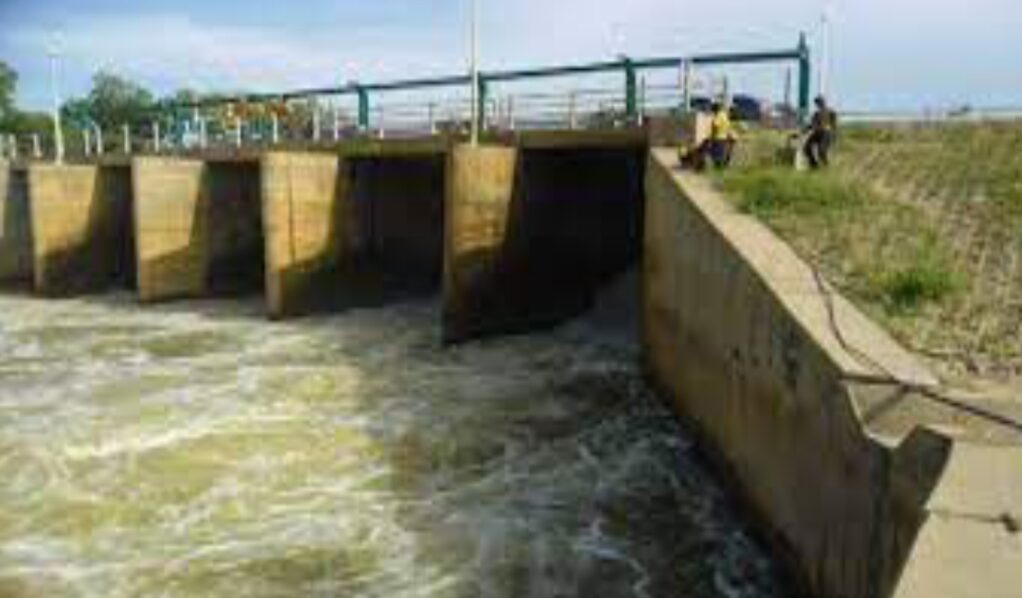
A private contractor and Chief Executive Officer (CEO) of Ankabut Engineering Limited, Kamsulin Alhaji Bukar, has stated that the initial contract award of N1.2 billion to renovate Alau Dam is no longer sufficient due to increased damage caused by recent floods.
“The contract was awarded at N1.2 billion, and it was just about when the contractors mobilised to site that the flood disaster happened,” Bukar remarked, noting that work had not yet commenced before the disaster struck.
He observed: “The dam has damaged more than before. Before, the concern was on the spillway, but now, just adjacent to it, we have a new channel of water. That is the major problem, and it’s just by the side.”
The North East Development Commission (NEDC) conducted a physical inspection on Sunday to assess extent of damage at the dam and inspect several ongoing projects in Maiduguri, Borno State.
The inspection also included the supervision of key road projects such as the 22.5 km Ngowom-Koshebe and Ngowom-Dusman-Zabarmari-Gongulong-Khaddarmari roads.
Managing Director of the NEDC, Muhammed Goni, reaffirmed the commission’s commitment to completing the projects despite the setbacks.
In a similar vein, the House of Representatives, yesterday, urged the Federal Government to address the frequent flooding, occasioned by opening of the Lagdo dam, situated in northern Cameroon.
The resolution followed the adoption of a motion of urgent public importance on the “Need to investigate the recurrent flooding due to the opening of the Lagdo Dam, sponsored by the Minority Leader, Kingsley Chinda.
Rallying his colleagues to support the motion, Chinda recalled that the Lagdo Dam, built in 1982 primarily for irrigation and electricity generation, “Releases excess water to prevent overflow, which inevitably flows downstream into Nigeria, causing significant flooding in states along the river, including Borno, Adamawa, Benue, Taraba, Kogi, and beyond.”
He added that the recurrent loss of lives, displacement of communities, destruction of farmlands, livestock, and homes, and damage to critical infrastructure, such as roads, bridges, schools, and healthcare facilities, is a source of concern to Nigeria.
Chinda submitted: “Despite early warnings by the Nigerian authorities about the release of water from the Lagdo Dam, many communities remain unprepared and are left vulnerable to the devastating impacts of the floods.
“While the construction of a buffer dam, the proposed Dasin Hausa Dam in Adamawa State, was agreed upon in principle between Nigeria and Cameroon to help contain the excess water from the Lagdo Dam, this project has remained stalled for years due to funding and bureaucratic delays.”
Consequently, the House mandated the Nigerian/Cameroon Friendship Group to investigate the Nigerian/Cameroon arrangement/agreement on the Lagdo Dam, mitigation measures therein, and advise the hallowed chamber within two weeks for further legislative action.
It also directed the Federal Ministries of Water Resources and Works to expedite completion of the Dasin Hausa Dam in Adamawa State, which would act as a buffer and help absorb excess water released from the Lagdo Dam.
The House further mandated the National Emergency Management Agency (NEMA), in collaboration with State Emergency Management Agencies to, henceforth, enhance early warning systems and improve evacuation and relief efforts for communities in flood-prone areas.






